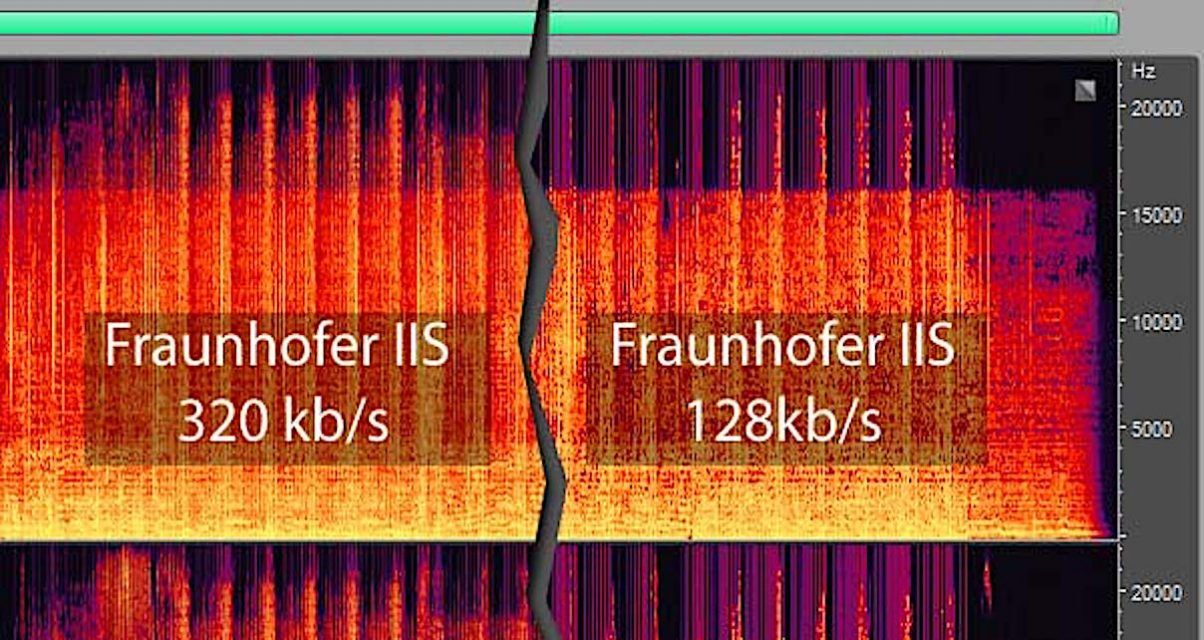Digital DJ Tips reader Rigel Garman writes: “I’ve been doing a lot of research about bitrates and different types of audio files and I’ve come to find out that 320kbps is what I need to have when making mixes, sending out demos, doing live shows etc. All while still having enough space on my CPU hard drive.
So I want to convert all of my files over from 128 to 320kbps through iTunes. But by doing this, it creates an entire new track. The problem is that I’ve made a plethora of cue points and markers on my 128kbps tracks and I don’t want to spend hours going through and making the new cue points on the 320 tracks unless I absolutely have to. Is there a way around this? Any help would be awesome!”
Digital DJ Tips says:
Don’t do it! 128kbps files are much smaller than 320kbps files, and the reason is that they have been “compressed” much more from the original audio. While most people find it impossible to hear the difference between a 320kbps file and an original, uncompressed version, you can definitely hear the degradation in quality when you get down to 128kbps.
So far, so good – you’re right to want to fix that. Trouble is, the files are smaller because the missing information is gone forever. You can’t just re-output them at 320kbps. The new file will be a lot bigger, but won’t contain a single byte of musical information more than the 128kbps version. Bigger file, no increase in audio quality. In other words, it’s a totally pointless exercise.
The moral is: Go with the highest quality files you can to start with, and don’t expect to be able to “uncompress” audio that has been compressed. Just like shrinking a digital photo then blowing it up again, you lose the quality in the compression stage, and it’s impossible to reverse the damage done.
Have you ever made this mistake? What lessons did you learn? Nowadays, what type of files do you choose? Please share your thoughts in the comments.


